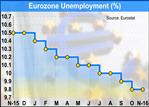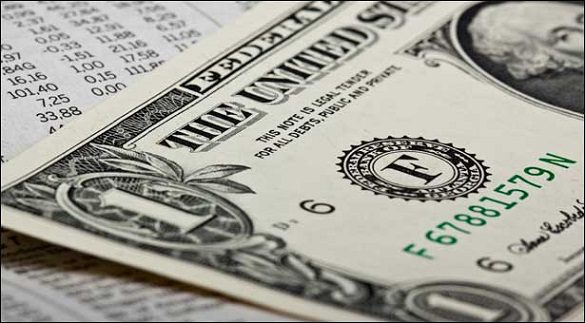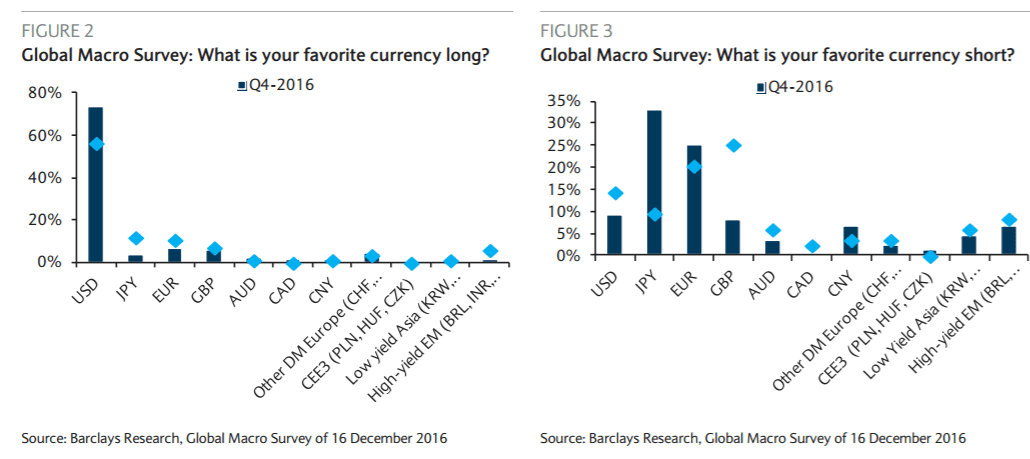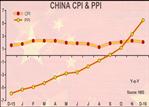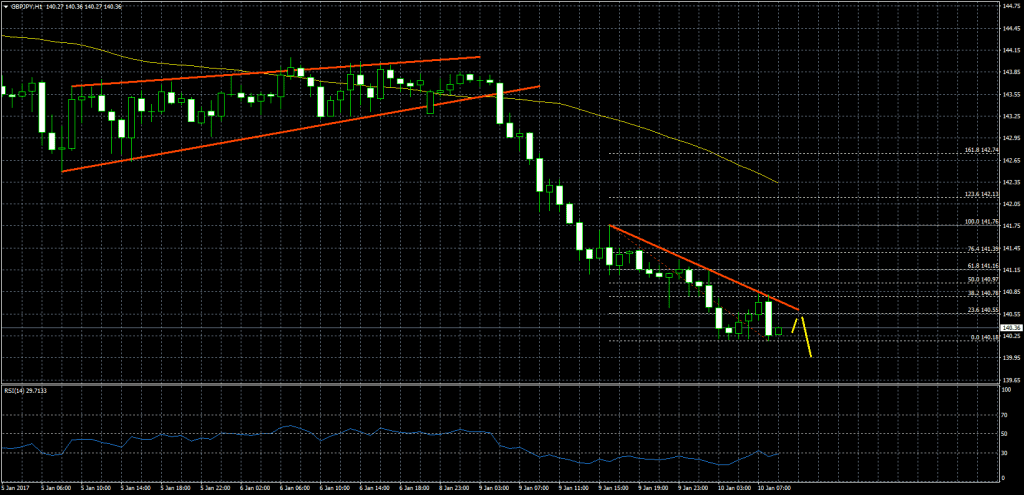Eurozone unemployment rate remained unchanged in its lowest level in over seven years in November and is likely to ease further in coming months, albeit gradually, as recent business surveys indicated strong hiring plans.
The seasonally adjusted unemployment rate was 9.8 percent, unchanged from October, data from Eurostat showed. The figure was in line with economists' expectations. The rate was the lowest since July 2009. A year ago, the jobless rate was 10.5 percent.
The EU28 unemployment rate fell to 8.3 percent from 8.4 percent in October, marking its lowest level since February 2009.
In November, the number of unemployed in the EU28 totaled 20.429 million, of whom 15.898 million were in the euro area. The Eurozone figure declined by 15,000 from the previous month and by 1.55 million from a year ago.
The lowest unemployment rates were recorded in the Czech Republic, at 3.7 percent, and Germany, where it was a record low 4.1 percent. The highest unemployment rates were observed in Greece, 23.1 percent in September and Spain, at 19.2 percent.
In France, the jobless rate fell to 9.5 percent from 9.7 percent, while in Italy, it rose to 11.9 percent from 11.8 percent.
The youth unemployment rate, which applies to those under 25 years of age, was 21.2 percent in Eurozone versus 21.8 percent in the same month a year ago. The number of youth unemployed totaled 3.007 million, which was 42,000 persons less than the previous year.
Economists were cautious about reading too much into the positive news from the euro area labor market and expect the region's economic recovery to slow in the coming months.
"With unemployment still remarkably high, and with inflation likely to rise by more than wage growth, households' disposable income growth is set to slow," Capital Economics economist Daniel Christen said.
Eurozone inflation was the highest in more than three years in December, rising to 1.1 percent from 0.6 percent, on higher energy and food prices. Nonetheless, headline inflation has been below the European Central Bank's target of 'below, but close to 2 percent' since early 2013.
"It seems unlikely that wage pressures will pick up in a meaningful way before the second half of the year, and even then it will probably just have a subdued effect on inflation," ING Bank economist Bert Colijn said.
"As always in the Eurozone labor market, things are moving slowly."
by RTT Staff Writer
For comments and feedback: editorial@rttnews.com
Economic News
What parts of the world are seeing the best (and worst) economic performances lately? Click here to check out our Econ Scorecard and find out! See up-to-the-moment rankings for the best and worst performers in GDP, unemployment rate, inflation and much more.
